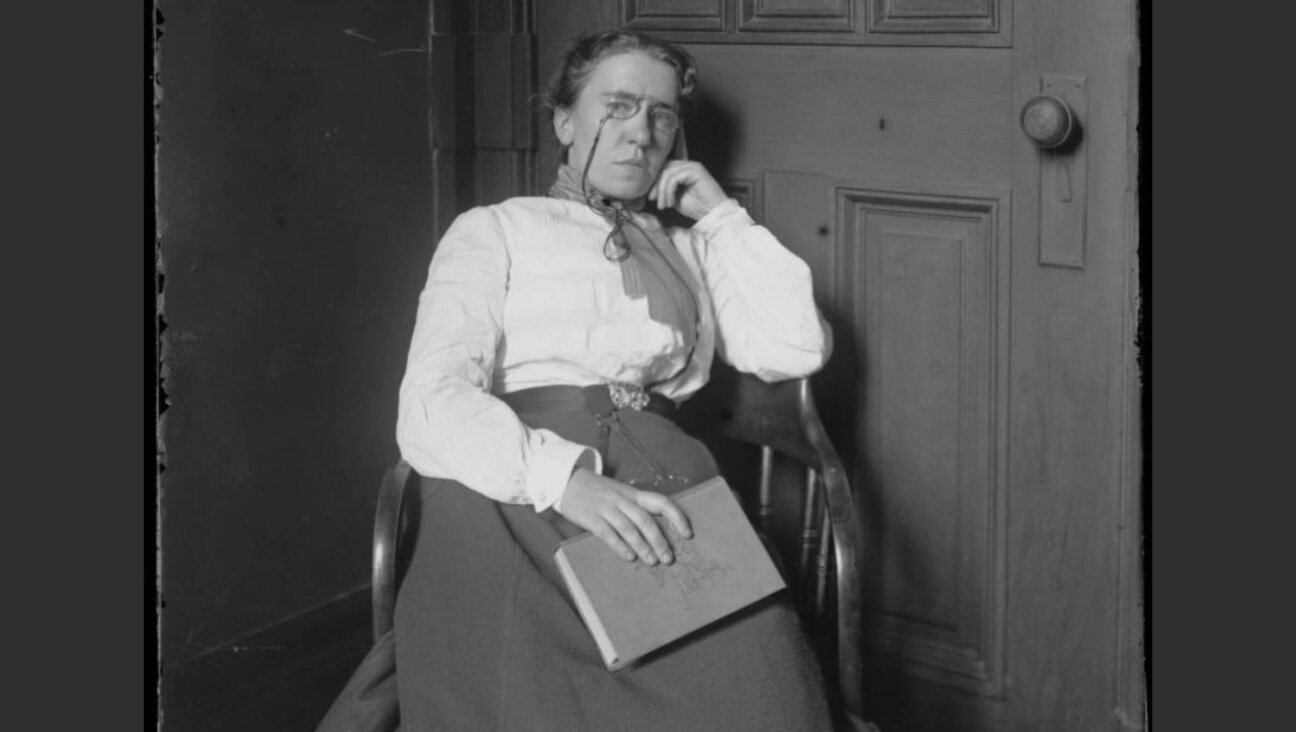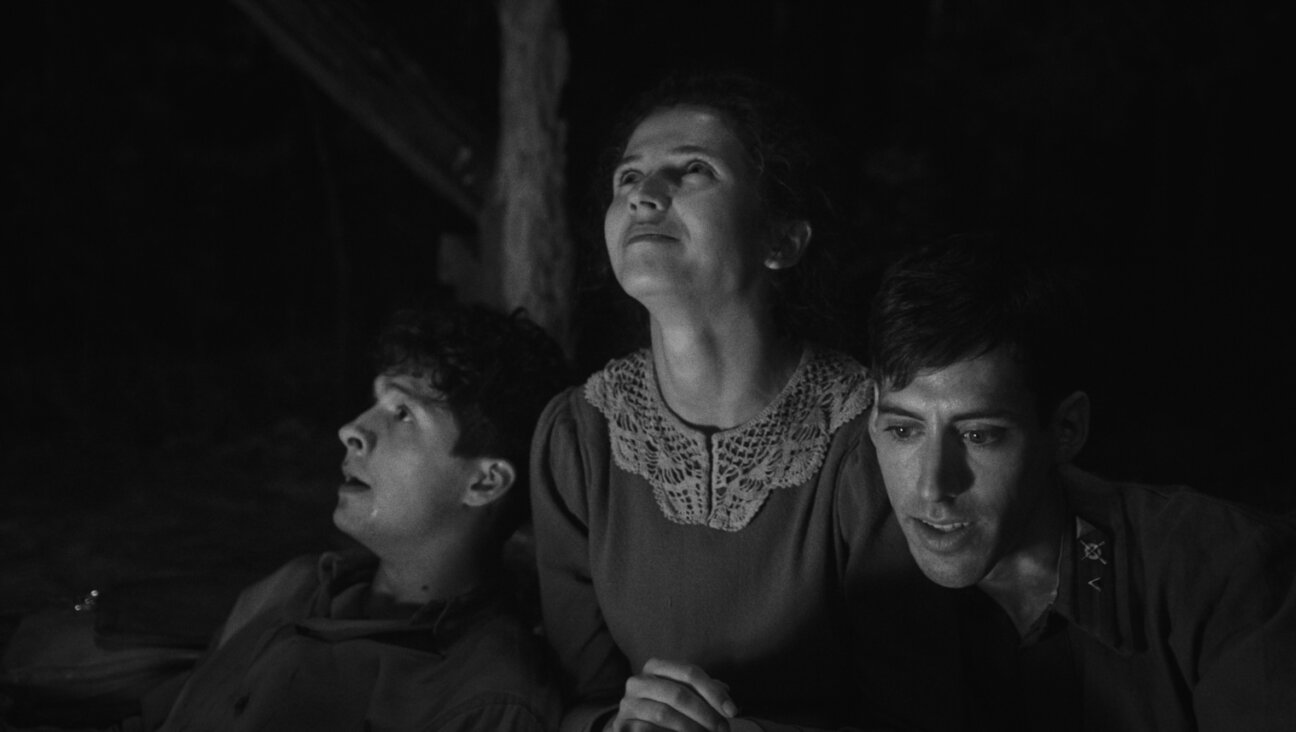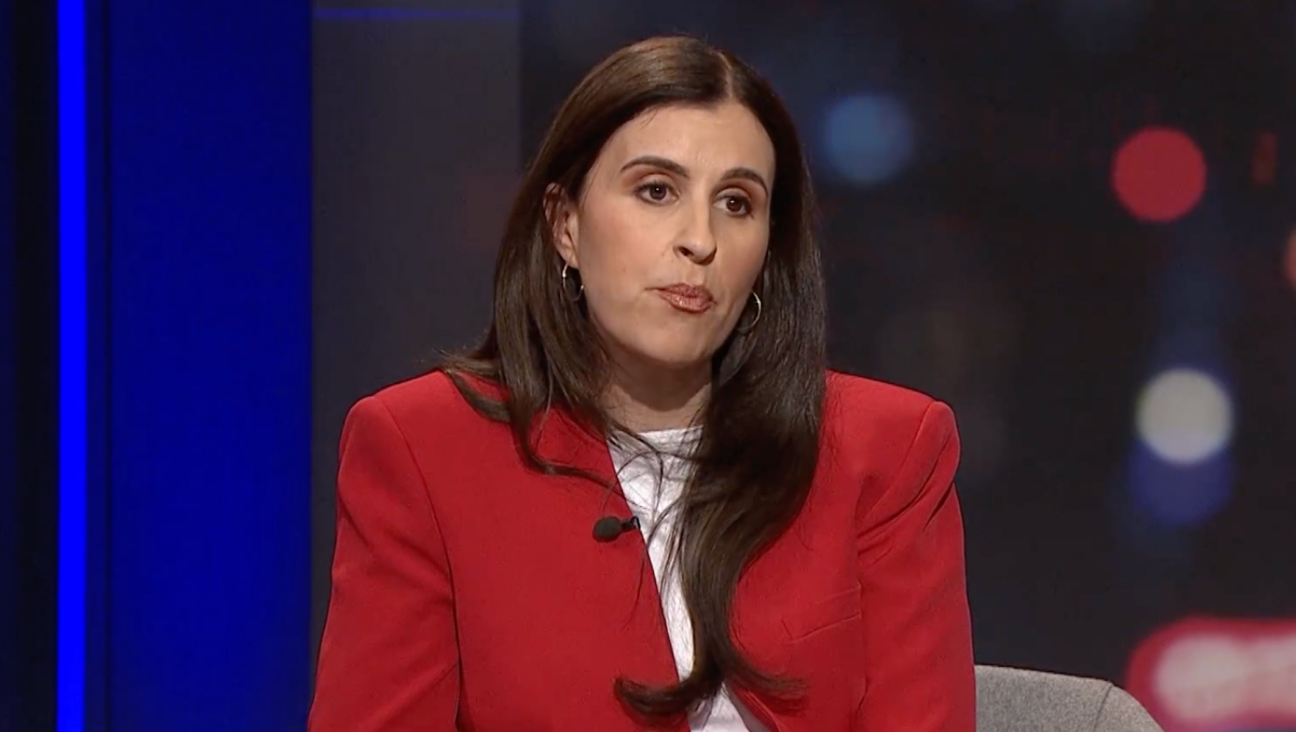Remembering Geoffrey Hartman — Wordsworthian, Critic and Holocaust Scholar

Graphic by Angelie Zaslavsky
“Heaven lies about us in our infancy!” wrote William Wordsworth, one of Geoffrey Hartman’s beloved Romantics. “Shades of the prison-house begin to close/Upon the growing boy.”
For Hartman, in 2010 proclaimed by his Yale colleague Paul Fry to be “arguably the finest Wordsworth critic who has ever written,” those lines from “Ode on Intimations of Immortality from Recollections of Early Childhood” must have been especially bittersweet. His own childhood had been cut short; born in Frankfurt in 1929, at age 9 he found himself separated from his parents, fleeing his home country bound for England via the Kindertransport. He eventually reunited with his mother in America, a degree of good fortune many of that transport’s other occupants would never experience. Still, the Holocaust cast a shadow over his youth, a “prison-house” too literal to be taken lightly.
Yet Hartman, who passed away on Monday March 14th, made good on the subsequent lines of Wordsworth’s poem: “But he beholds the light, and whence it flows,/He sees it in his joy.”
Some who escaped the Holocaust found their joy in advocacy, others in politics, others in the simple establishment of domestic normalcy. Hartman found it in the study of literature and art, and later, a turn to Jewish thought and a dedication to preserving memories of the Holocaust.
“Geoffrey was one of the youngest of that generation of European scholars who created the discipline of comparative literature,” said John MacKay, Professor of Slavic Languages and Literature at Yale and one of Hartman’s last advisees. “Part of the impulse was this sense that the traditional national frameworks in which literature was studied, particularly in Europe, had led to a kind of a disaster. And comparative literature was in part created to block the path to that kind of reification. Geoffrey experienced the disaster of fascist nationalism at a relatively young age, but he still was part of that generation.”
Hartman completed a Ph.D. in that newly formed field of comparative literature in 1953; Yale, from which he graduated, would remain his intellectual home for the rest of his life. With brief diversions, he spent almost his entire academic career there, becoming a preeminent critic of the Romantic poets – especially Wordsworth – a distinguished contributor to literary theory in its most fruitful decades, one of the founding forces behind the university’s Judaic Studies Program, and in 1982 the project director of the Fortunoff Video Archive of Holocaust Testimonies.
In the English and Comparative Literature departments Hartman hobnobbed with the members of the Yale School of deconstructionist literary critics, notably Paul de Man — whose troubling, posthumously-revealed contributions to a Belgian anti-Semitic newspaper in advance of the Holocaust caused Hartman both personal and professional anguish — but also joined Harold Bloom in criticizing them. One of his most profound contributions to the field of literary criticism concerned the idea of mediation; he saw literature as a mediating force between readers and their lived realities. He also saw criticism as a mediating force between literature and readers, in some way its own art form.
“The most controversial essay he ever wrote was one where he said that the truly creative task has passed from writers in the traditional sense to critics,” MacKay said, speaking with the Forward over Skype. “I’m not sure he totally agreed with this himself, but he really made you believe that what you were doing as a literary critic had enormous consequences.”
As Hartman grew older, his past gained more prominence in his mind. He helped establish the Fortunoff Archives in 1981, around which time he started turning his mind to Jewish texts. He found particular creative stimulus in the traditions of rabbinic reading and its interpretive liberties, editing a volume of essays called “Midrash and Literature” in 1986. As he continued work with the archive he became involved in Holocaust studies, as well, publishing “The Longest Shadow: In the Aftermath of the Holocaust,” a collection of essays exploring the Holocaust’s complicated, shifting cultural relevance in 1996.
Always interested in issues of representation, which Hartman felt could have tremendous historical consequences, the video archives remained a project of particular personal significance. “There was that question of finding a way to speak with integrity and to get others to speak with integrity and complexity about this experience,” MacKay said.
In some ways, that question brought him back to Wordsworth, who he’d first discovered in England during the war years.
“Wordsworth is a writer who deals with the question of how you can address or deal with the question of radical loss,” MacKay said, “the loss of family, the loss of past, the loss of innocence, and still remain standing. I think [in] the encounter with Wordsworth he found a writer who was able to help him to articulate some of those questions.”
His favorite Wordsworth poem, according to MacKay, was “A Slumber Did My Spirit Seal.” “A slumber did my spirit seal;/” the poem begins, “I had no human fears:/She seemed a thing that could not feel/The touch of earthly years.”
Hartman, of course, felt that touch, and his spirit was rarely sealed off, instead always reaching for beauty, always questioning.
“Geoffrey always wanted things to be complex,” MacKay said, with a fond laugh.
Talya Zax is the Forward’s culture intern. Contact her at [email protected] or on Twitter, @TalyaZax

Image by michael marsland
















